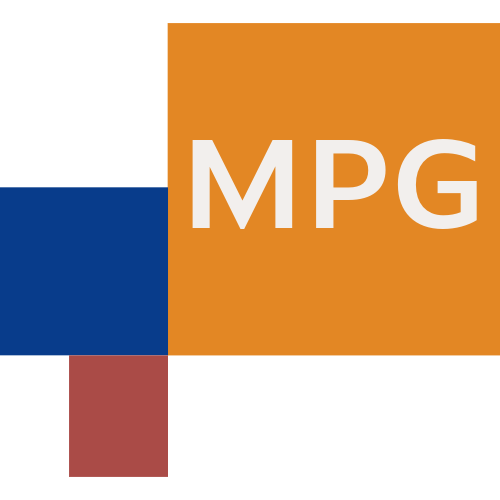menu
menu
Menu
cancel
- arrow_back_iosBacknavigate_nextpersonPersonal
- groupCommunities
- articleBlogs
- eventEvents
- sourceTemplates
- question_answerQuestions
- schoolLearning
- business_centerBusiness
- live_helpFAQ
How do cognitive biases affect decision-making processes, and what strategies can be implemented to mitigate their impact?
In what ways can technology and data analytics enhance the decision-making process, and what are the potential risks of over-relying on these tools?
How are geopolitical tensions between major world powers, such as the United States, China, and Russia, impacting global trade and economic stability?
In what ways are international organizations like the United Nations and the World Health Organization adapting to address global challenges such as climate change, pandemics, and humanitarian crises?
What role do emerging technologies, such as artificial intelligence and cybersecurity, play in shaping international relations and diplomatic strategies among nations?
**What are the key responsibilities of a board in terms of oversight, and how do these responsibilities differ depending on the organization's size and industry?
2. **How can boards effectively balance their oversight roles with the management's operational responsibilities to ensure both strategic alignment and accountability within the organization?
3. **What tools, frameworks, or practices can boards adopt to enhance their oversight functions, particularly in areas such as risk management, compliance, and ethical governance?
These questions can help guide discussions and explorations around the critical role of board oversight in organizational governance.?
**What are the key components of an Enterprise Risk Management (ERM) framework, and how can they support an organization's strategic objectives?
